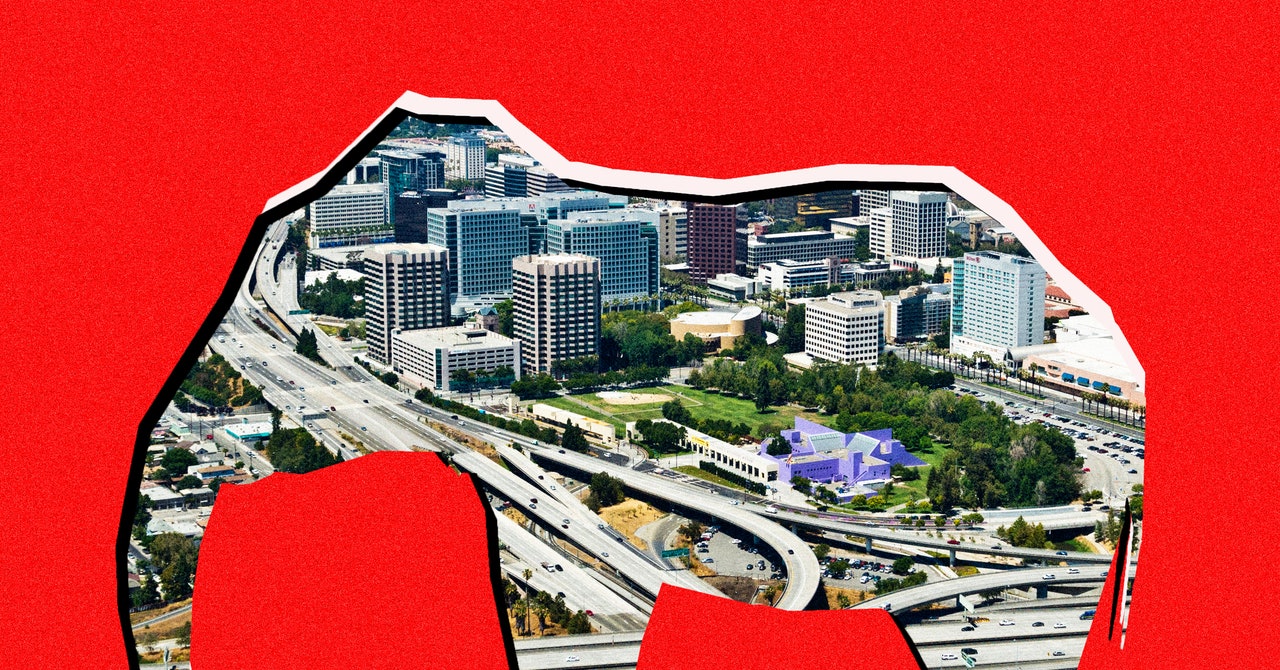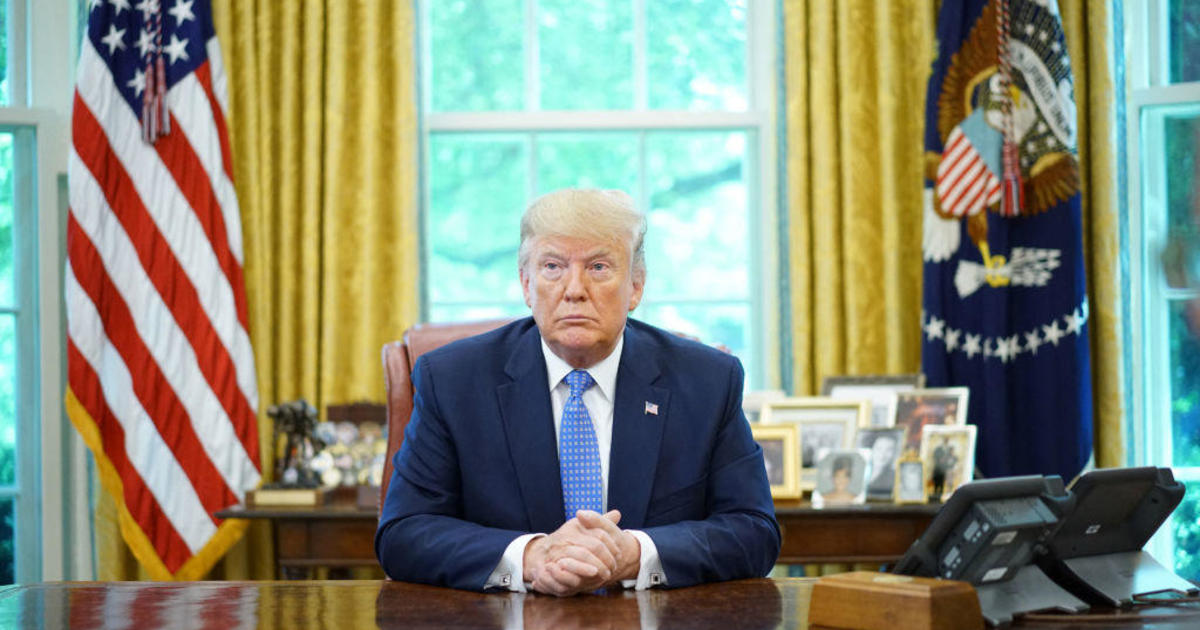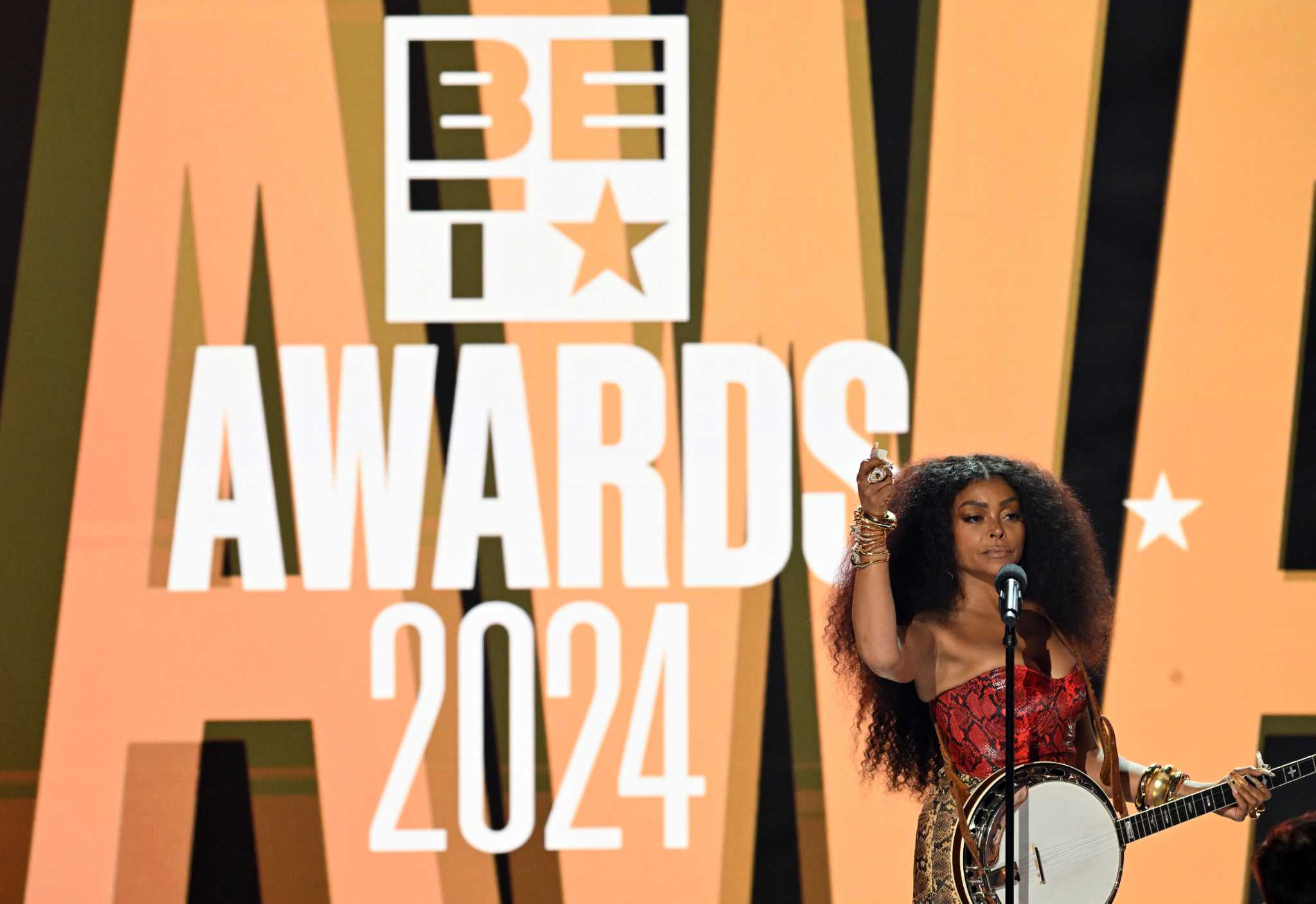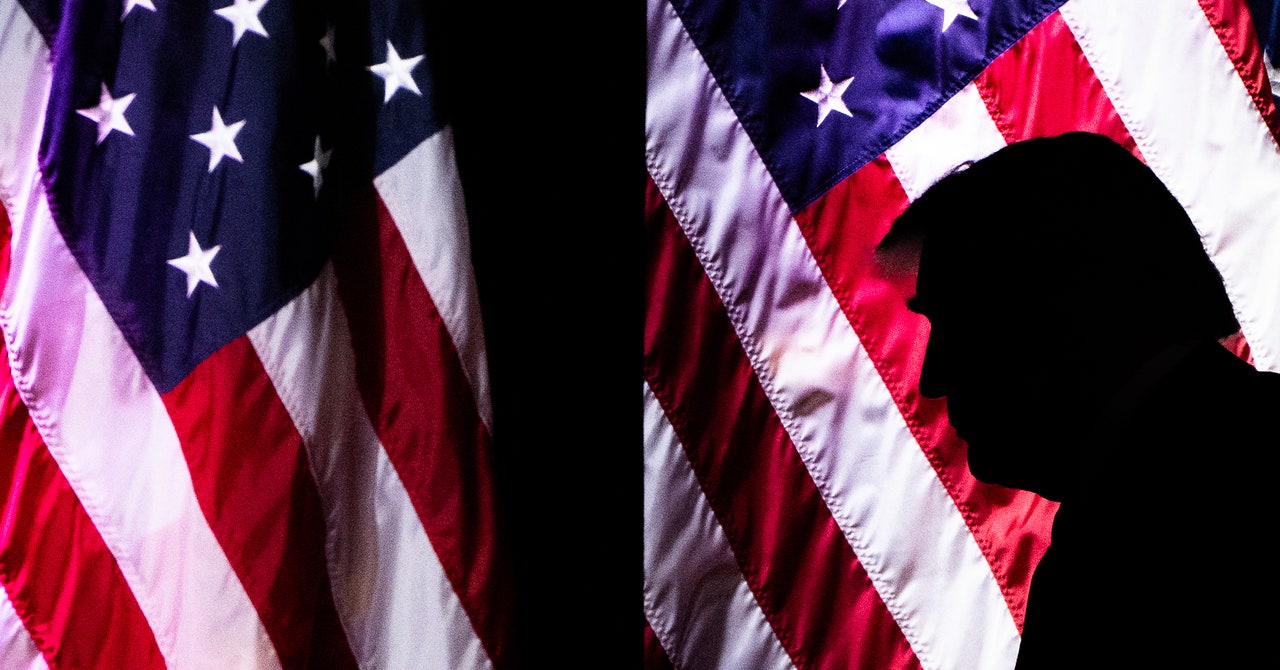Originally at https://www.wired.com
Anyone who has spent even 15 minutes on TikTok over the past two months will have stumbled across more than one creator talking about Project 2025, a nearly thousand-page policy blueprint from the Heritage Foundation that outlines a radical overhaul of the government under a second Trump administration. Some of the plan’s most alarming elements—including severely restricting abortion and rolling back the rights of LGBTQ+ people—have already become major talking points in the presidential race.
But according to a new analysis from the Technology Oversight Project, Project 2025 includes hefty handouts and deregulation for big business, and the tech industry is no exception. The plan would roll back environmental regulation to the benefit of the AI and crypto industries, quash labor rights, and scrap whole regulatory agencies, handing a massive win to big companies and billionaires—including many of Trump’s own supporters in tech and Silicon Valley.
“Their desire to eliminate whole agencies that are the enforcers of antitrust, of consumer protection is a huge, huge gift to the tech industry in general,” says Sacha Haworth, executive director at the Tech Oversight Project.
One of the most drastic proposals in Project 2025 suggests abolishing the Federal Reserve altogether, which would allow banks to back their money using cryptocurrencies, if they so choose. And though some conservatives have railed against the dominance of Big Tech, Project 2025 also suggests that a second Trump administration could abolish the Federal Trade Commission (FTC), which currently has the power to enforce antitrust laws.
Project 2025 would also drastically shrink the role of the National Labor Relations Board, the independent agency that protects employees’ ability to organize and enforces fair labor practices. This could have a major knock on effect for tech companies: In January, Musk’s SpaceX filed a lawsuit in a Texas federal court claiming that the National Labor Relations Board (NLRB) was unconstitutional after the agency said the company had illegally fired eight employees who sent a letter to the company’s board saying that Musk was a “distraction and embarrassment.” Last week, a Texas judge ruled that the structure of the NLRB—which includes a director that can’t be fired by the president—was unconstitutional, and experts believe the case may wind its way to the Supreme Court.
This proposal from Project 2025 could help quash the nascent unionization efforts within the tech sector, says Darrell West, a senior fellow at the Brookings Institution’s Center for Technology Innovation. “Tech, of course, relies a lot on independent contractors,” says West. “They have a lot of jobs that don’t offer benefits. It’s really an important part of the tech sector. And this document seems to reward those types of business.”
For emerging technologies like AI and crypto, a rollback in environmental regulations proposed by Project 2025 would mean that companies would not be accountable for the massive energy and environmental costs associated with bitcoin mining and running and cooling the data centers that make AI possible. “The tech industry can then backtrack on emission pledges, especially given that they are all in on developing AI technology,” says Haworth.
The Republican Party’s official platform for the 2024 elections is even more explicit, promising to roll back the Biden administration’s early efforts to ensure AI safety and “defend the right to mine Bitcoin.”
All of these changes would conveniently benefit some of Trump’s most vocal and important backers in Silicon Valley. Trump’s running mate, Republican senator J.D. Vance of Ohio, has long had connections to the tech industry, particularly through his former employer, billionaire founder of Palantir and longtime Trump backer Peter Thiel. (Thiel’s venture capital firm, Founder’s Fund, invested $200 million in crypto earlier this year.)
Thiel is one of several other Silicon Valley heavyweights who have recently thrown their support behind Trump. In the past month, Elon Musk and David Sacks have both been vocal about backing the former president. Venture capitalists Marc Andreessen and Ben Horowitz, whose firm a16z has invested in several crypto and AI startups, have also said they will be donating to the Trump campaign.
“They see this as their chance to prevent future regulation,” says Haworth. “They are buying the ability to avoid oversight.”
Reporting from Bloomberg found that sections of Project 2025 were written by people who have worked or lobbied for companies like Meta, Amazon, and undisclosed bitcoin companies. Both Trump and independent candidate Robert F. Kennedy Jr. have courted donors in the crypto space, and in May, the Trump campaign announced it would accept donations in cryptocurrency.
But Project 2025 wouldn’t necessarily favor all tech companies. In the document, the authors accuse Big Tech companies of attempting “to drive diverse political viewpoints from the digital town square.” The plan supports legislation that would eliminate the immunities granted to social media platforms by Section 230, which protects companies from being legally held responsible for user-generated content on their sites, and pushes for “anti-discrimination” policies that “prohibit discrimination against core political viewpoints.”
It would also seek to impose transparency rules on social platforms, saying that the Federal Communications Commission (FCC) “could require these platforms to provide greater specificity regarding their terms of service, and it could hold them accountable by prohibiting actions that are inconsistent with those plain and particular terms.”
And despite Trump’s own promise to bring back TikTok, Project 2025 suggests the administration “ban all Chinese social media apps such as TikTok and WeChat, which pose significant national security risks and expose American consumers to data and identity theft.”
West says the plan is full of contradictions when it comes to its approach to regulation. It’s also, he says, notably soft on industries where tech billionaires and venture capitalists have put a significant amount of money, namely AI and cryptocurrency. “Project 2025 is not just to be a policy statement, but to be a fundraising vehicle,” he says. “So, I think the money angle is important in terms of helping to resolve some of the seemingly inconsistencies in the regulatory approach.”
It remains to be seen how impactful Project 2025 could be on a future Republican administration. On Tuesday, Paul Dans, the director of the Heritage Foundation’s Project 2025, stepped down. Though Trump himself has sought to distance himself from the plan, reporting from the Wall Street Journal indicates that while the project may be lower profile, it’s not going away. Instead, the Heritage Foundation is shifting its focus to making a list of conservative personnel who could be hired into a Republican administration to execute the party’s vision.
Read the Original Story





